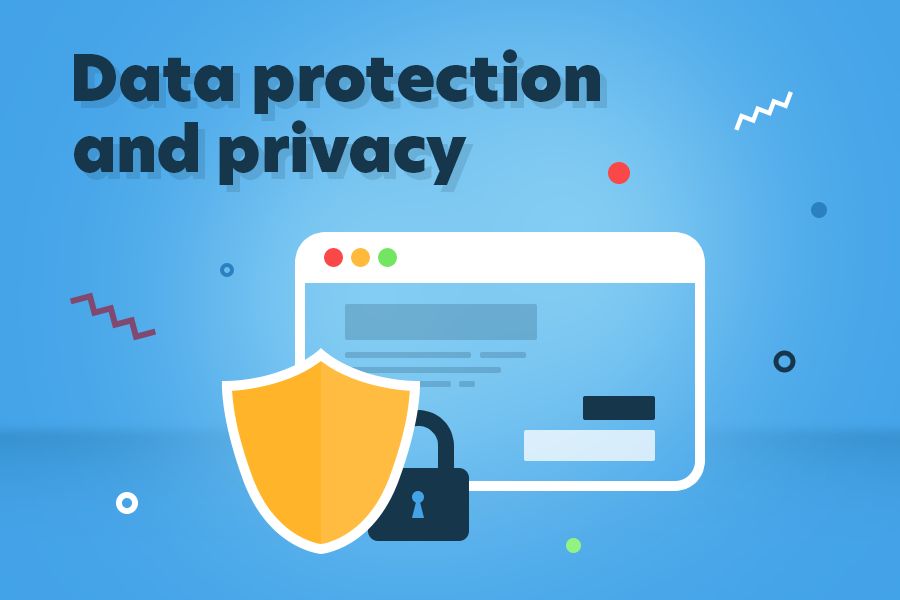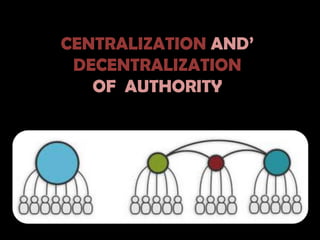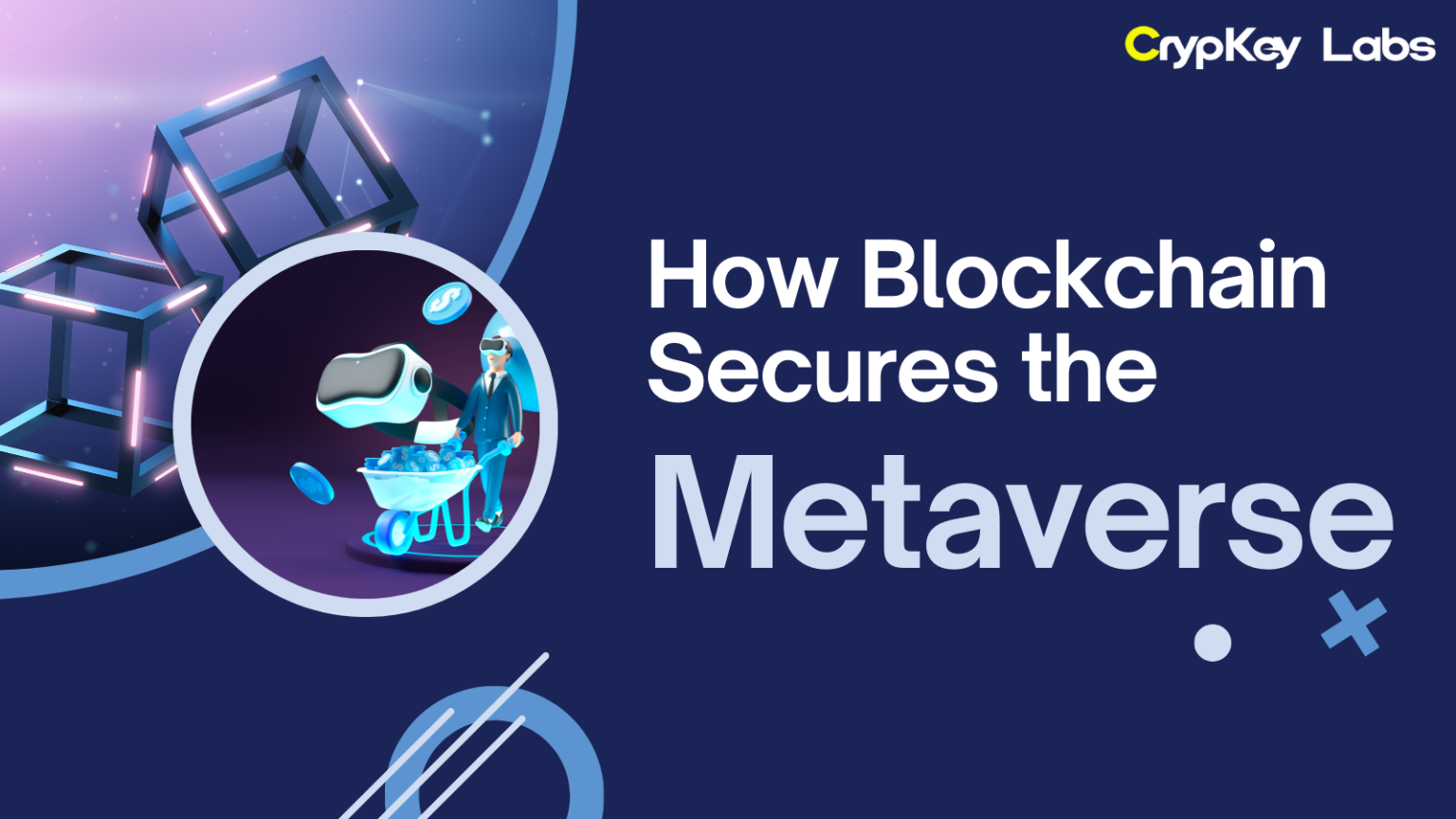The Metaverse is rapidly becoming one of the most talked-about technological advancements of our time. As virtual worlds expand and people spend more time in these digital spaces, security becomes a significant concern. This is where blockchain comes into play, offering powerful solutions to protect and secure the Metaverse. In this blog, we’ll explore how blockchain is helping to secure the Metaverse and why it’s crucial for the future of virtual worlds.
Understanding the Metaverse
The Metaverse is essentially a collective virtual shared space, created by the convergence of virtually enhanced physical reality and physically persistent virtual reality. It is a vast digital universe where users can interact with each other through avatars, create digital assets, engage in social activities, and even participate in economic systems. The Metaverse offers endless possibilities—from entertainment and gaming to virtual shopping and education.
As the Metaverse grows, it requires advanced security measures to ensure that users and their digital assets are protected. Without secure systems in place, risks like identity theft, fraud, and loss of virtual property could quickly diminish the appeal of these virtual worlds.
Blockchain and Its Core Principles
Blockchain is the foundation for many digital innovations, including cryptocurrencies and non-fungible tokens (NFTs). At its core, blockchain is a decentralized, transparent, and secure ledger of transactions. Unlike traditional databases, where a single entity controls the data, blockchain distributes data across a network of computers, making it nearly impossible to manipulate or hack.
Key Features of Blockchain:
- Decentralization: No single entity controls the data.
- Immutability: Once information is recorded, it cannot be altered or deleted.
- Transparency: All transactions are visible and verifiable by participants on the network.
These principles are essential for securing the Metaverse. Blockchain’s decentralized structure ensures that virtual worlds are not controlled by a central authority, reducing the risk of data manipulation or censorship.
Securing Digital Identities in the Metaverse
In the Metaverse, users create and interact with virtual identities, often represented by avatars. These digital identities are crucial for participating in virtual environments, whether for socializing, gaming, or business. However, like real-world identities, digital identities are vulnerable to theft and misuse.
Blockchain technology can help secure digital identities by providing a decentralized and transparent way to verify user identity. By storing identity information on the blockchain, users gain greater control over their data, reducing the risk of identity theft and ensuring that their identity is valid across multiple platforms.
For example, blockchain-based digital identity systems can use cryptographic methods to confirm the legitimacy of a user without needing to disclose personal information. This makes identity theft and fraud in the Metaverse much harder to execute, as no central database can be breached to steal users’ information.
Ownership of Virtual Assets
One of the most exciting features of the Metaverse is the ability to own virtual assets—whether it’s digital real estate, clothing for your avatar, or rare items in a game. However, in a virtual world, proving ownership of these assets can be tricky. How do you know who truly owns a piece of virtual land or a unique item?
Blockchain provides a solution through non-fungible tokens (NFTs). NFTs are unique digital assets stored on the blockchain, representing ownership of virtual goods. When you purchase an NFT, you own a verified, unchangeable record on the blockchain that proves your ownership of the virtual asset. This ownership cannot be duplicated or altered, ensuring that your digital property remains yours.
Blockchain’s role in securing virtual assets in the Metaverse is crucial, as it guarantees authenticity, prevents duplication, and makes it easy to trade assets securely. Whether you’re collecting virtual art, land, or game items, blockchain ensures your ownership is legitimate.
Smart Contracts for Secure Transactions
In the Metaverse, users often engage in transactions, whether they’re buying virtual goods, real estate, or services. These transactions need to be secure and transparent to avoid fraud or disputes. Blockchain makes this possible through smart contracts.
A smart contract is a self-executing contract with the terms of the agreement directly written into code. When certain conditions are met, the contract automatically executes, without needing a middleman. For example, if you purchase a virtual piece of land in the Metaverse, the smart contract ensures the transaction is completed once payment is received, and the land is transferred to your ownership.
Smart contracts eliminate the need for intermediaries like lawyers or escrow services, reducing costs and speeding up transactions. More importantly, they ensure that all transactions in the Metaverse are secure, verifiable, and irreversible.
Data Privacy and Protection
Data privacy is a significant concern in any digital environment, and the Metaverse is no different. Users in the Metaverse share personal information, interact with others, and create digital assets that must be protected from misuse or breaches.
Blockchain enhances data privacy in the Metaverse by using encryption and decentralization. Because blockchain data is stored across multiple nodes (computers), there is no central point of failure. This makes it extremely difficult for hackers to breach the system and access personal data. Additionally, blockchain allows users to control what data they share and with whom, reducing the chances of personal information being exploited by companies or bad actors.
By using blockchain, the Metaverse ensures that users’ data remains secure and private, giving them more control over their digital lives.
Decentralization and Reduced Central Authority
One of the key advantages of blockchain technology is decentralization. In the Metaverse, decentralization reduces the control that any single company or authority can have over the virtual world. This creates a more open and fair digital ecosystem where users have more control over their experience and assets.
Decentralization also ensures that the Metaverse isn’t subject to censorship or manipulation by a central entity. This is crucial for maintaining a free and open virtual environment where users can express themselves, interact, and trade without fear of interference.
Blockchain’s decentralized nature empowers users and strengthens the integrity of the Metaverse, making it more resilient to control, fraud, or manipulation.
Interoperability Across Virtual Worlds
The Metaverse is not a single platform but rather a network of interconnected virtual worlds. One of the challenges of this network is enabling users to move seamlessly between these worlds, bringing their digital identities and assets with them.
Blockchain allows for interoperability between different virtual environments. This means that a user can take their avatar, digital assets, and even currency from one platform to another without needing to recreate or repurchase them. By using blockchain, the Metaverse can create a unified digital ecosystem where users can easily move between virtual worlds while maintaining their identity and assets securely.
Challenges and Future Outlook
While blockchain offers numerous benefits for securing the Metaverse, there are still challenges to overcome. Scalability is a significant issue, as blockchain systems can become slow and expensive as more users join the network. Additionally, energy consumption associated with blockchain technologies is a growing concern.
However, as blockchain technology continues to evolve, solutions like Layer 2 scaling, proof-of-stake mechanisms, and energy-efficient blockchains are being developed to address these issues. The future of blockchain in the Metaverse is bright, with the potential to create a secure, decentralized, and interoperable digital universe.
Conclusion
Blockchain is set to play a critical role in securing the Metaverse by protecting digital identities, ensuring ownership of virtual assets, enabling secure transactions, and decentralizing control. As the Metaverse grows, the need for secure, transparent, and tamper-proof systems will only increase—and blockchain provides the perfect foundation for this future. The combination of blockchain and the Metaverse promises to revolutionize the way we interact, transact, and live in digital spaces.







